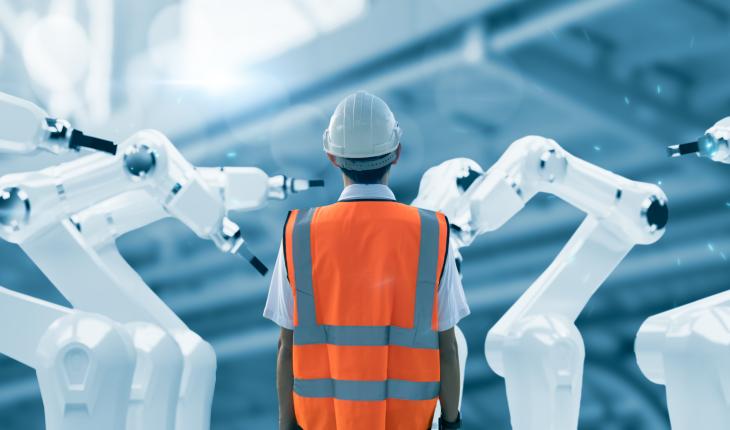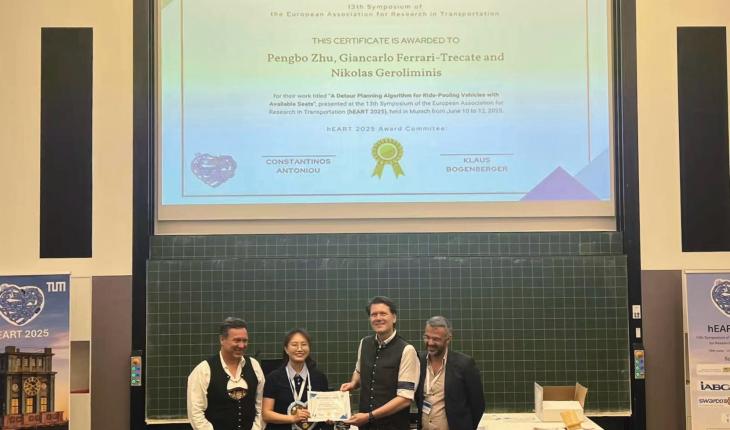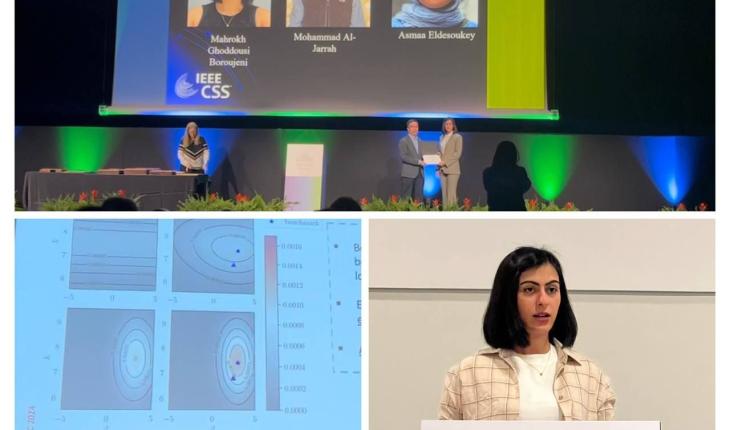Giancarlo Ferrari-Trecate

Understanding the potential and the limits of pervasive control algorithms is crucial for building a more sustainable and safer future.
Giancarlo Ferrari-Trecate received the Ph.D. degree in Electronic and Computer Engineering from the Universita' degli Studi di Pavia in 1999. Since September 2016 he is Professor at EPFL, Lausanne, Switzerland. In spring 1998, he was a Visiting Researcher at the Neural Computing Research Group, University of Birmingham, UK. In fall 1998, he joined as a Postdoctoral Fellow the Automatic Control Laboratory, ETH, Zurich, Switzerland. He was appointed Oberassistent at ETH, in 2000. In 2002, he joined INRIA, Rocquencourt, France, as a Research Fellow. From March to October 2005, he was researcher at the Politecnico di Milano, Italy. From 2005 to August 2016, he was Associate Professor at the Dipartimento di Ingegneria Industriale e dell'Informazione of the Universita' degli Studi di Pavia.
His research interests include scalable control, microgrids, networked control systems, hybrid systems and machine learning.
Giancarlo Ferrari Trecate was the recipient of the Researcher Mobility Grant from the Italian Ministry of Education, University and Research in 2005. He is currently a member of the IFAC Technical Committees on Control Design and Optimal Control, and the Technical Committee on Systems Biology of the IEEE SMC society. He has been serving on the editorial board of Automatica for nine years and of Nonlinear Analysis: Hybrid Systems.



























